When people try to envision what addiction treatment is like, they almost always conjure up visions of residential treatment. They see the addiction sufferer living in a residential treatment center, going to therapy, and participating in recreational activities. For the most part, that is exactly what a lot of addiction sufferers experience when they go to treatment. They go through in-house detox programs and progress to the therapy portion of treatment. Inpatient therapy generally includes lots of individual therapy, plus a few group and family therapy sessions when needed. During their downtime, clients get to interact with other clients while they partake in treatment center activities and enjoy whatever amenities the respective center has to offer. While a majority of treatment is handled on an inpatient basis, we are seeing a lot more emphasis placed on outpatient treatment. This has become necessary because drug and alcohol addiction are exploding all over the U.S. With residential addiction treatment centers running out of available space, outpatient treatment options become viable alternatives. For the most part, we all kind of know how residential treatment works. We have either experienced it ourselves or through loved ones, we hear/read about it, or learn about it in movies. We don’t tend to get the same level of exposure to the outpatient treatment process. For a significant addiction problem, inpatient treatment is typically considered the preferred option. Still, there are a lot of prospective clients who cannot or will not commit to such a program. For these folks, outpatient treatment becomes the best available recovery alternative. In case you are wondering, here are a few reasons why clients choose outpatient options:
- Cannot find bed space is a residential treatment center
- They don’t have insurance and or they cannot afford inpatient treatment
- They have responsibilities at work or school that cannot be set aside
- Restrictions related to inpatient treatment would create a financial burden
- The existence of a moderate addiction doesn’t warrant inpatient treatment
- They have guardian responsibilities for children or elderly family members
How Does An Outpatient Rehab Work?
While participating in an outpatient program, clients get to live at home. However, they are obligated to report for treatment at scheduled times. Since outpatient treatment offers more freedom, it comes with more responsibilities. That includes following very specific rules like:
- Absolutely no alcohol or drug use without a current doctor’s prescription
- Must be willing to drug test upon arrival for treatment
- Must keep all appointments and consistently show up on time
- Must show good progress and keep a positive attitude
While in good standing, clients will participate in a lot of individual therapy sessions. These sessions give each client a chance to learn the truth about their addiction. Time permitting, they might also get a chance to work in groups or invite family in for family therapy. If clients struggle with the outpatient model, they might have to move up to the residential treatment option. If they show good progress, restrictions would likely be reduced. Currently, the addiction treatment community as a whole offers three outpatient options. While each option is similar in terms of content, they differ based on the client’s time requirements. For your information, here are the three outpatient options currently being offered around the U.S.:
- General Outpatient Program or OP: Client reports for treatment one or two days a week for an hour or two each session
- Intensive Outpatient Program or IOP: Client reports for treatment three to five days a week for as much as six hours a day
- Patial Hospitalization Program or PHP: Client reports for treatment five to seven days a week for as much as eight hours of treatment each day
The decision about what level a client needs will be based on the depth of the client’s addiction and their ability to represent responsible behavior. Hard work in an outpatient program can deliver the same kind of results a client would get from a residential treatment program. We hope you found value in this information. Whether you would prefer inpatient or outpatient treatment, we have the resources to meet your needs. You can get your recovery started by picking up the phone and calling us at 424-499-2603. That one phone call might be all that’s needed to save your life from the ravages of drug or alcohol addiction.










